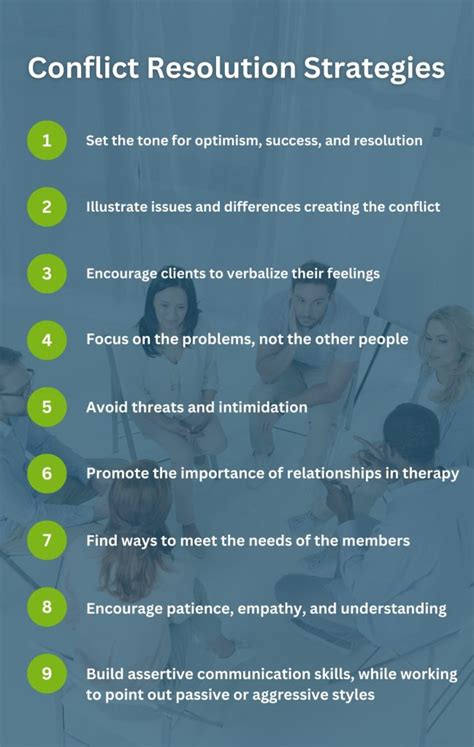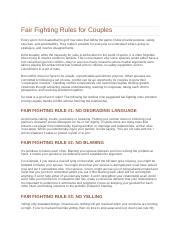The Golden Rule: Focus on the Issue, Not the Person
Conflict is an inevitable part of any intimate relationship. While arguments can feel unsettling, they’re not inherently bad. In fact, they can be opportunities for growth and deeper understanding—*if* handled constructively. The challenge lies in fighting fair, and if there’s one rule that stands above all others for its transformative power, it’s this: Focus on the specific issue at hand, and absolutely avoid personal attacks or bringing up past grievances.
This rule is the bedrock of respectful disagreement. It shifts the focus from blaming the other person’s character to addressing the concrete problem that needs a solution. When you attack your partner’s intelligence, personality, or past failures, you immediately put them on the defensive, making genuine resolution impossible. Instead of finding a way forward, you’re merely inflicting pain and eroding trust.

Why This Rule is Crucial for Healthy Conflict
When couples stray from the current issue, arguments quickly devolve into a messy ‘kitchen sink’ fight where every past wrong, every perceived flaw, and every unrelated frustration gets thrown into the mix. This not only overwhelms the immediate problem but also creates a feeling of hopelessness. Your partner feels like they can never ‘win’ because the target keeps moving, and the personal attacks leave lasting wounds.
Adhering to this rule means committing to a few key principles:
- No Name-Calling or Insults: Absolutely no demeaning language.
- No Character Assassination: Avoid statements like, “You’re so selfish” or “You always mess things up.”
- No ‘Kitchen-Sinking’: Stick to the current disagreement. Don’t bring up last month’s argument about the dishes or last year’s vacation mishap.
- Use ‘I’ Statements: Frame your concerns from your perspective. “I feel hurt when X happens” is far more effective than “You always do X to hurt me.”

Practical Application: Staying on Track
Implementing this rule requires discipline from both partners. When you feel the urge to lash out or bring up something irrelevant, take a deep breath. Remind yourself that your goal is to solve the problem, not to ‘win’ or to hurt your partner. If your partner starts to stray, you can gently but firmly redirect the conversation: “Can we stick to what we’re talking about now? I’m happy to discuss X later, but right now I want to resolve Y.”
This rule fosters a sense of safety within the relationship. Partners know that even in disagreement, their fundamental worth and the overall integrity of the relationship are not under attack. This safety allows for vulnerability, which is essential for true understanding and compromise.

The Long-Term Benefits of Respectful Disagreement
Consistently applying this one rule can dramatically change the dynamic of your arguments. Instead of dreading conflict, you’ll approach it with the confidence that you and your partner can work through issues respectfully. This leads to more effective problem-solving, reduced resentment, and a stronger emotional bond built on trust and mutual respect.
It’s not always easy, especially when emotions run high, but it’s a skill that can be developed. Both partners must agree to uphold this standard, perhaps even creating a verbal cue or a hand signal to remind each other when one is straying. This shared commitment reinforces the idea that you are a team facing a problem together, rather than adversaries fighting each other.

In essence, focusing on the issue and avoiding personal attacks transforms conflict from a destructive force into a constructive tool. It ensures that disagreements become pathways to understanding and resolution, ultimately strengthening the foundation of your relationship rather than eroding it.




